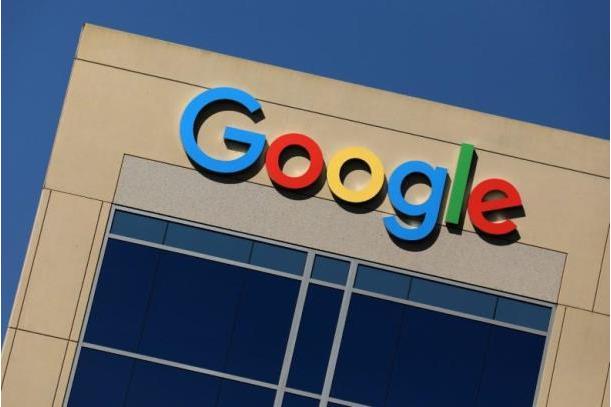Latest News
Google’s CSquared to enhance affordable broadband connectivity in Africa

News Highlight
CSquared said that one of its top priorities is ‘fiberizing’ Africa through affordable broadband internet connectivity.
CSquared, a pan-African broadband infrastructure provider owned by Google and other partners, has said that one of its top priorities is ‘fiberizing’ Africa through affordable broadband internet connectivity.
“Fiberizing Africa is about creating value by changing the way Africa perceives internet,” said Lanre Kolade, the newly-appointed CEO of CSquared. “The continent should transition from being just consumers of internet and move to the extra mile of generating its own local content.”
Started as a project within Google to build and operate open-access broadband infrastructure in Africa and increase access to reliable and affordable internet on the continent, CSquared currently operates fibre and wireless networks in six cities across Uganda, Ghana and Liberia. It plans to expand to more countries with the ultimate aim of fiberizing the entire continent in the near future.
Explaining how the ambitious feat will be achieved, Kolade said that CSquared believes in collaboration, and through harnessing the power of public-private partnership where possible, stakeholders will be brought together in the data delocalisation value chain.
CSquared, in its statement on Friday, envisages a situation where African internet exchange does not have to go to Europe before returning to Africa. The CEO noted that localized content will mean the reduction of costs, thus, easy accessibility of data in the continent.
The comparatively dismal internet penetration in Africa justifies the urgency in which drastic and pragmatic measures should be taken to bridge the gap. As of December 2017, internet penetration in Africa stood at 35.2 per cent compared with the world average of 54.4 per cent, according to the Internet World Stats.
“Now more than ever, there is a dire need to have broadband that would bring internet to everyone, thus making available revolutionary technologies such as the Internet of Things (IoT) and artificial intelligence (AI) to spur efficiency in our digital infrastructure, thereby digitizing education, healthcare, agriculture and other sectors,” Kolade said.
Fiberizing Africa, Kolade added, is about empowering the people and the continent to carry the right kind of data that ensures ease of doing business, enhancing e-commerce and creating other value chains that impact people’s livelihoods.
According to him, teaching Africans about the transformative role of delocalized data is key to African technological renaissance. African governments must appreciate the significant role played by ICT in the development of the continent.
Kolade decried the obsolete intellectual property right laws that had derailed the continent’s technological progress through redundant regulations, strongly advising that such policies have to be reviewed to fast-track Africa’s bright digital future.
In 2017, Google entered into a joint venture agreement to add new shareholders with deep experience in the ICT space in Africa to CSquared. The shareholders brought onboard were Convergence Partners, an investment firm, the International Finance Corporation, and Mitsui & Co. To date, cumulative capital commitments for the expansion of CSquared stands at $100 million.
Related News
Latest Blogs
- What is most important for Nigeria in 2026
- Restoring asset declaration as a tool of public accountability
- Tackling antibiotic resistance through safer food systems
- Big government, little governance
- What will matter in Nigeria in 2026
Most Popular News
- NDIC pledges support towards financial system stability
- Artificial intelligence can help to reduce youth unemployment in Africa – ...
- Pan-African nonprofit appoints Newman as Advisory and Executive Boards Chair
- FRC Chairman commends NDIC for prompt remittance of operating surplus
- UN adopts new consumer product safety principles
- Dollar slumps as Fed independence comes under fire








